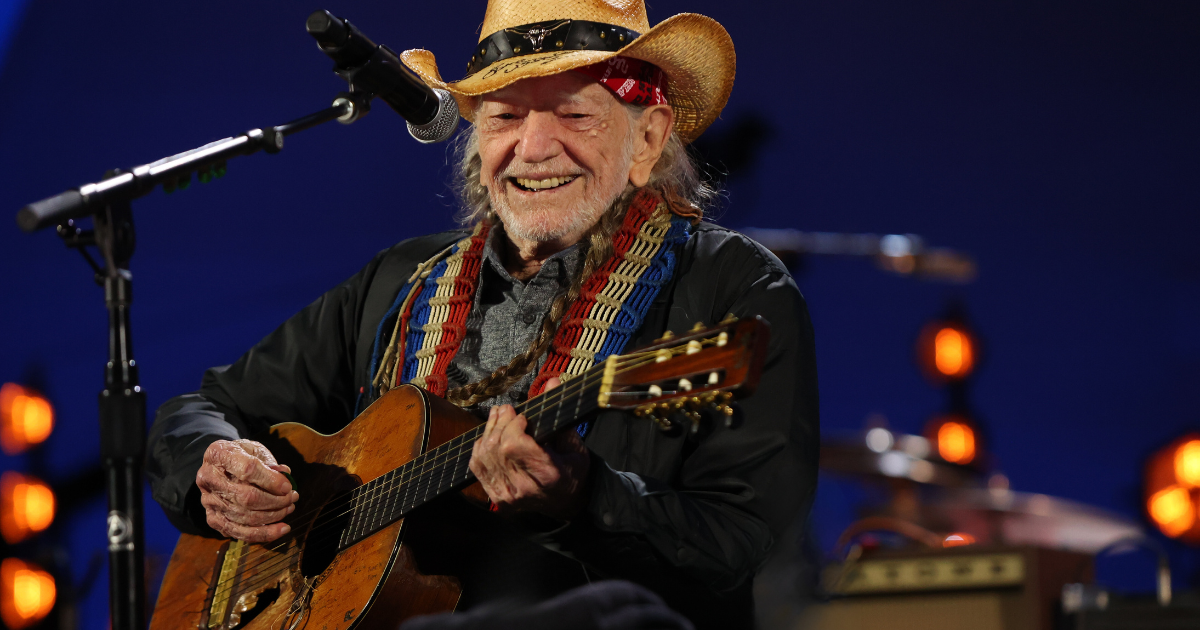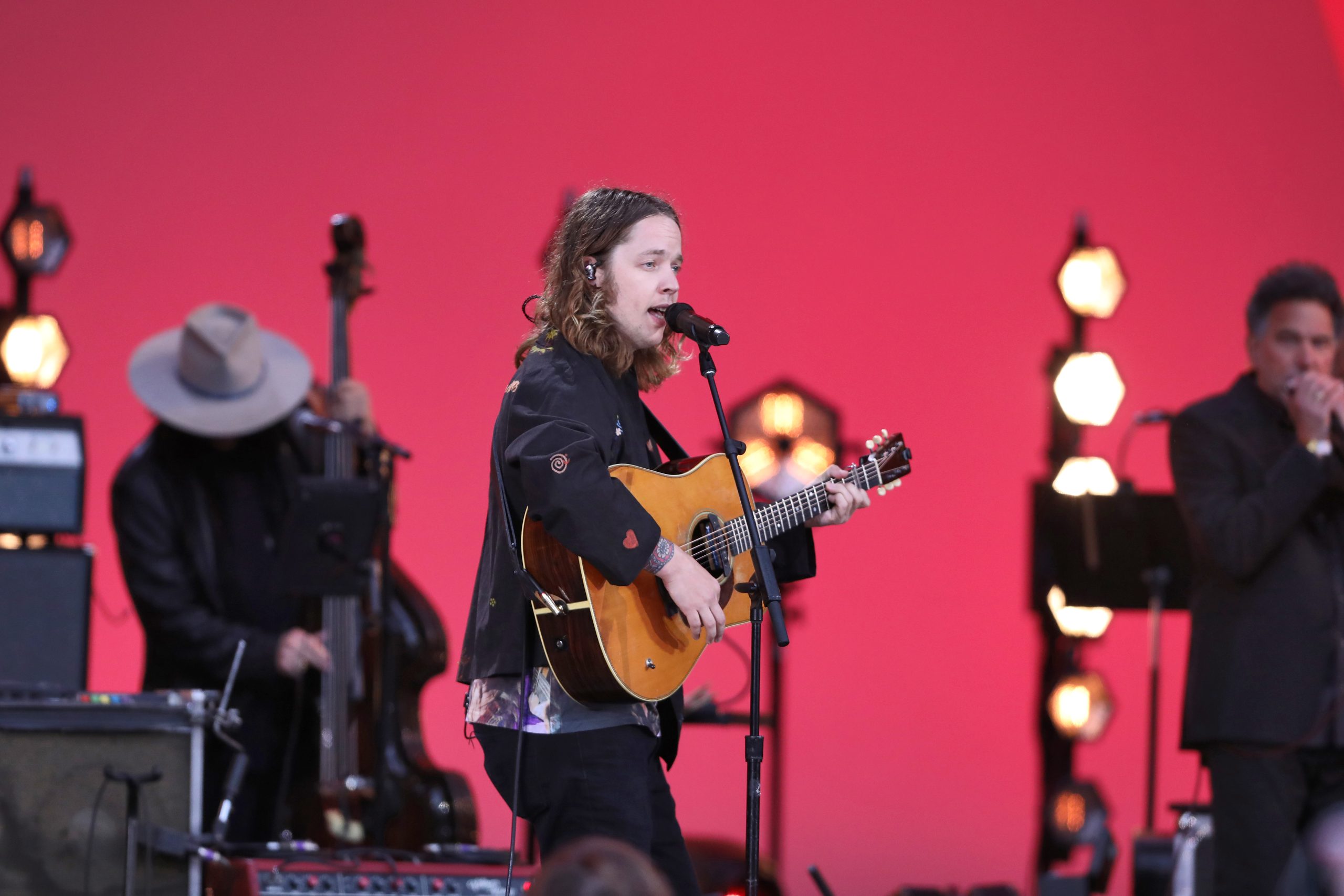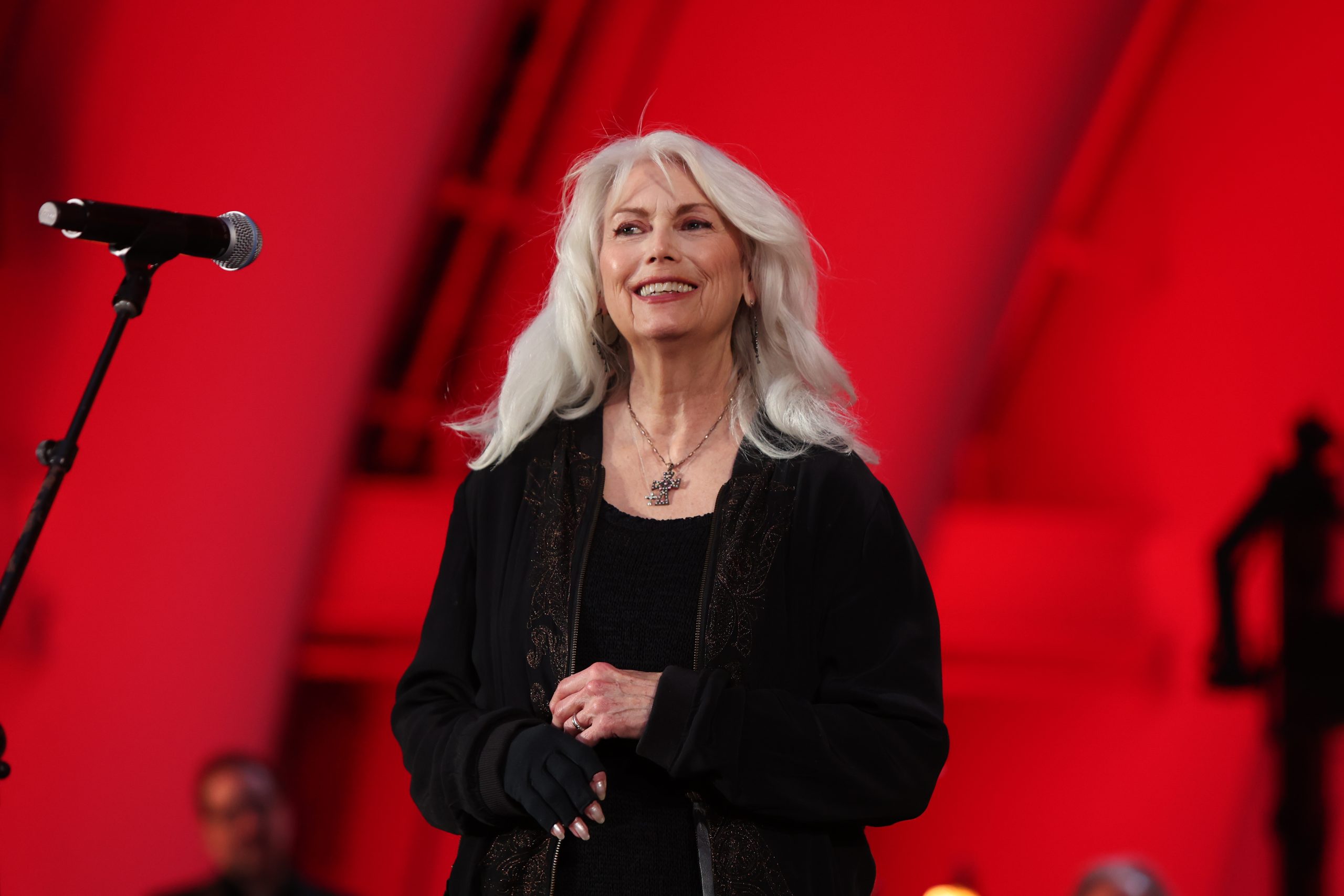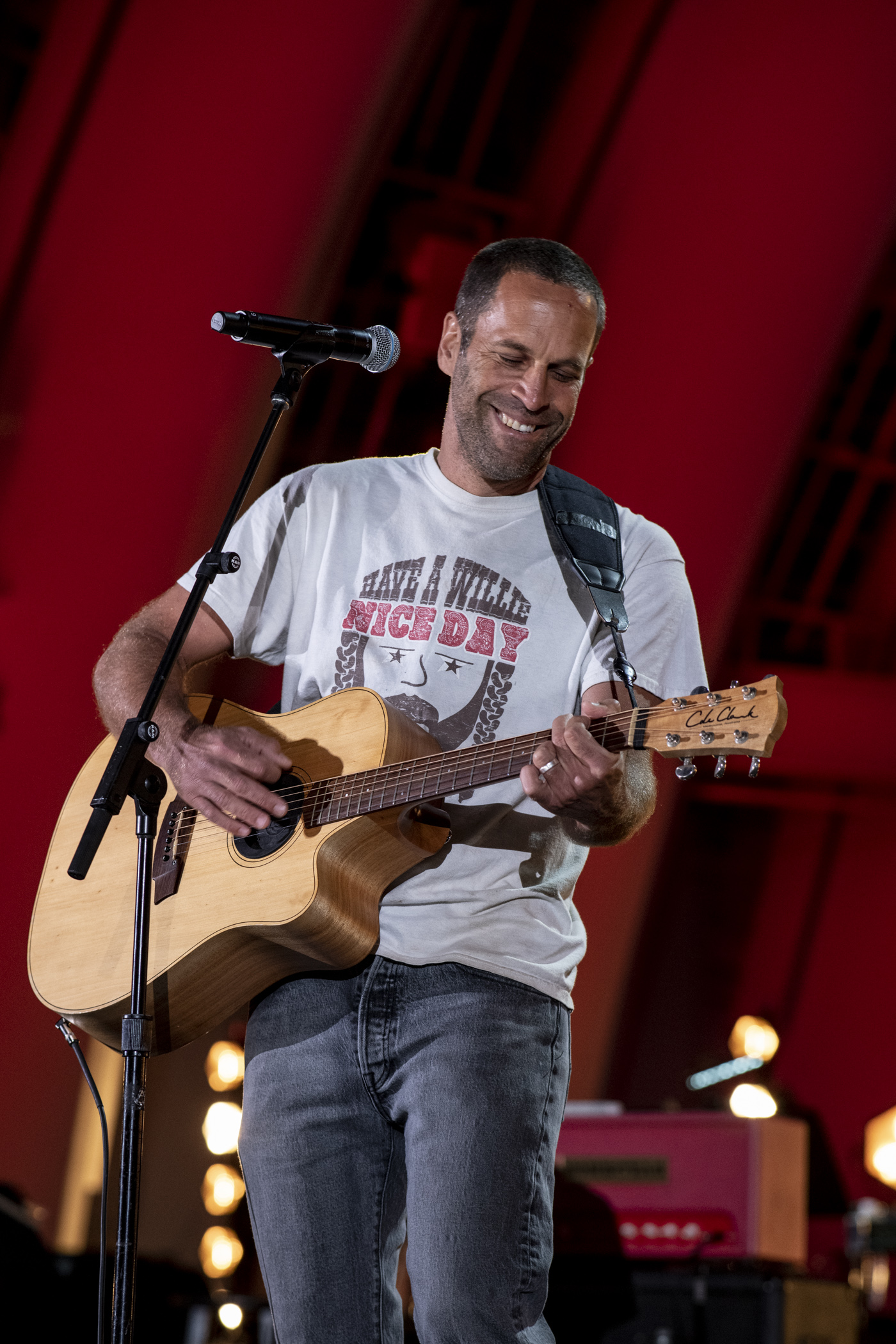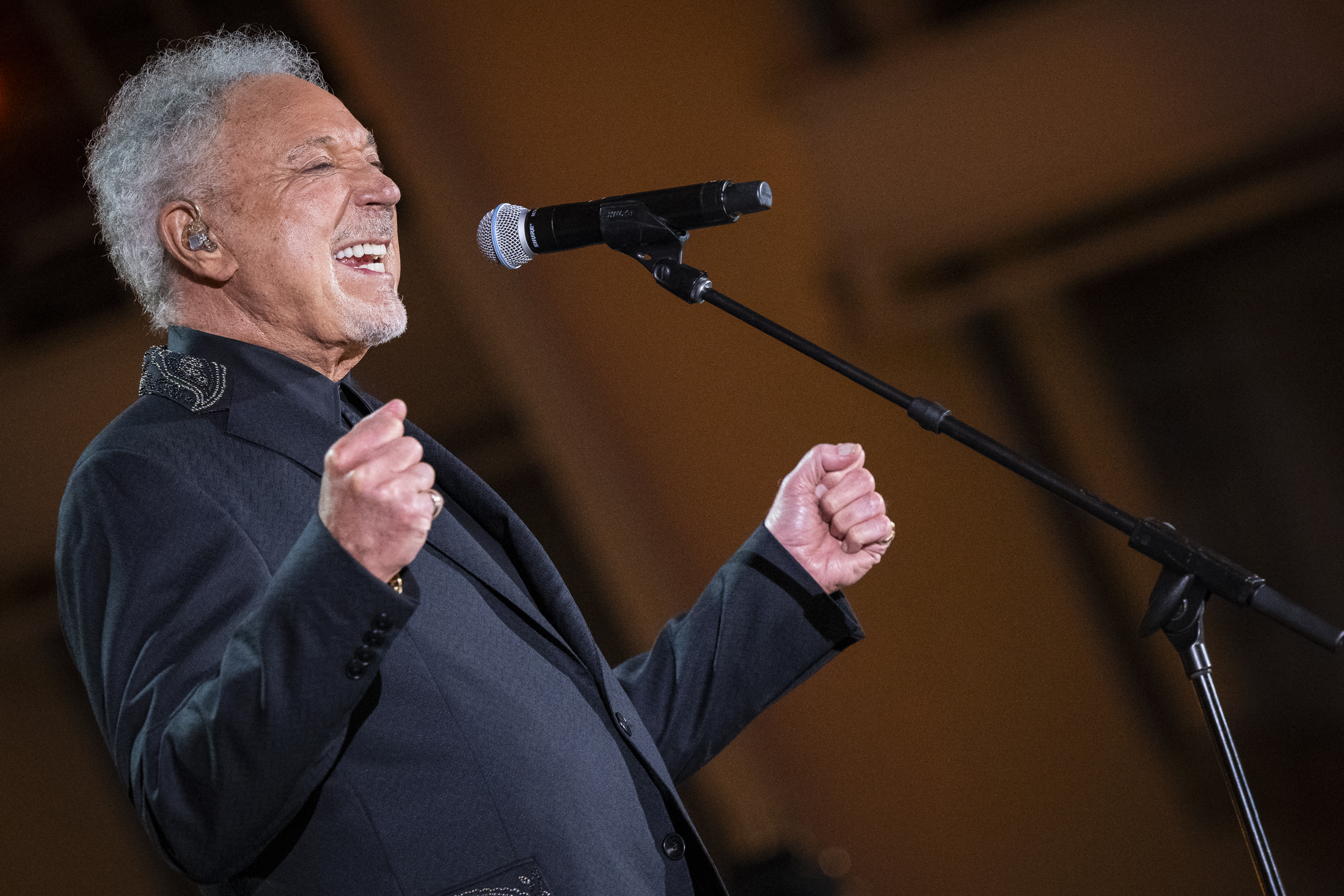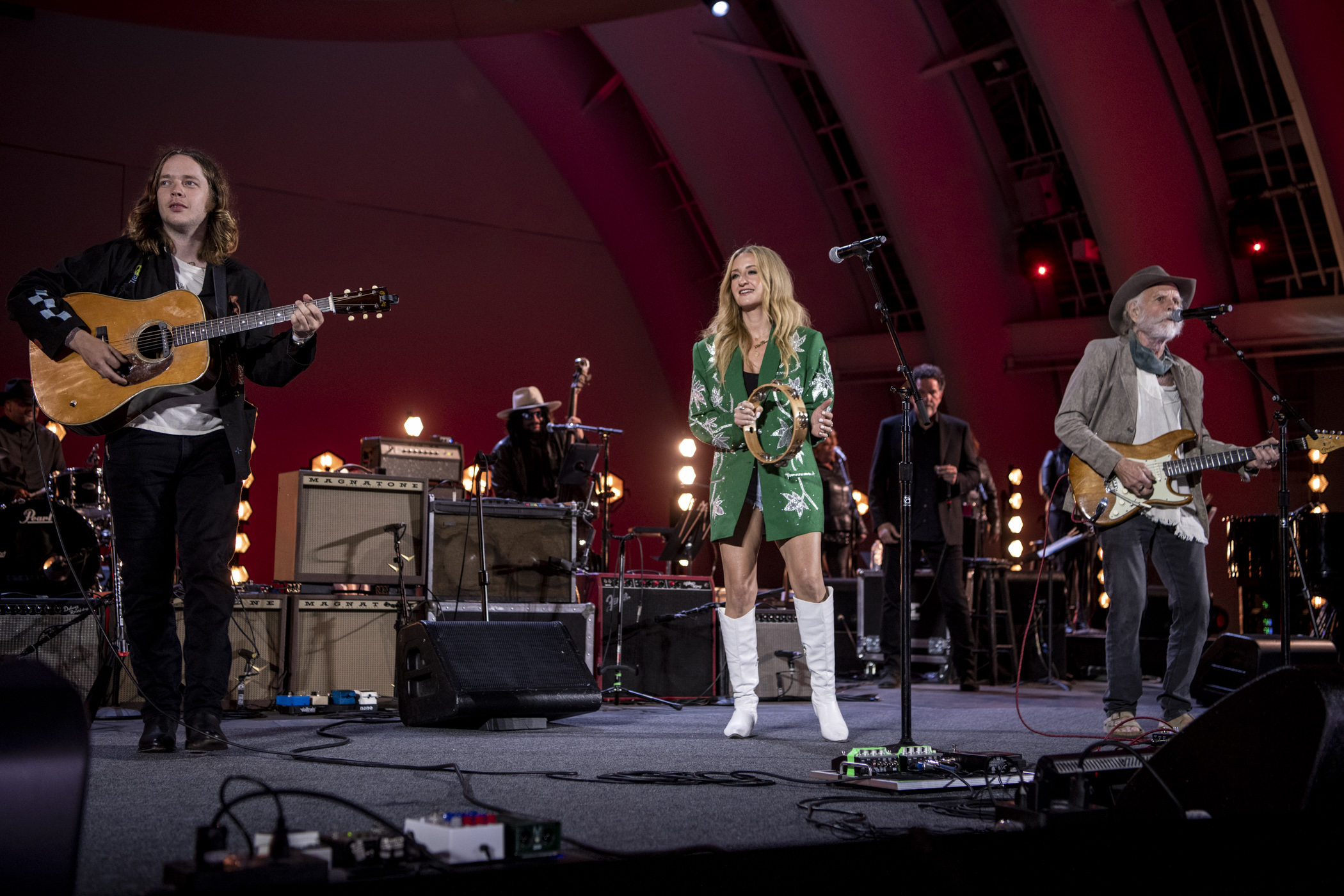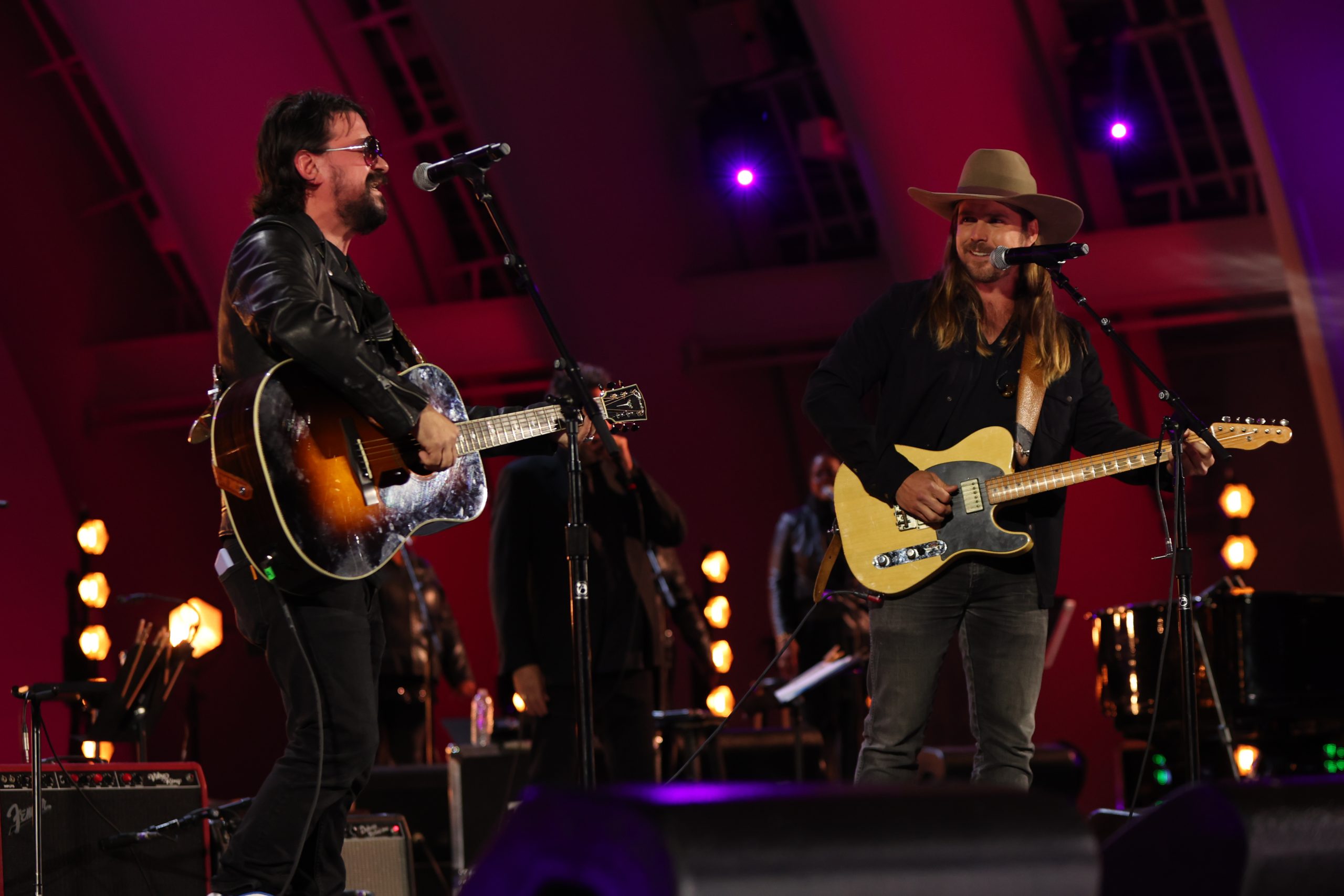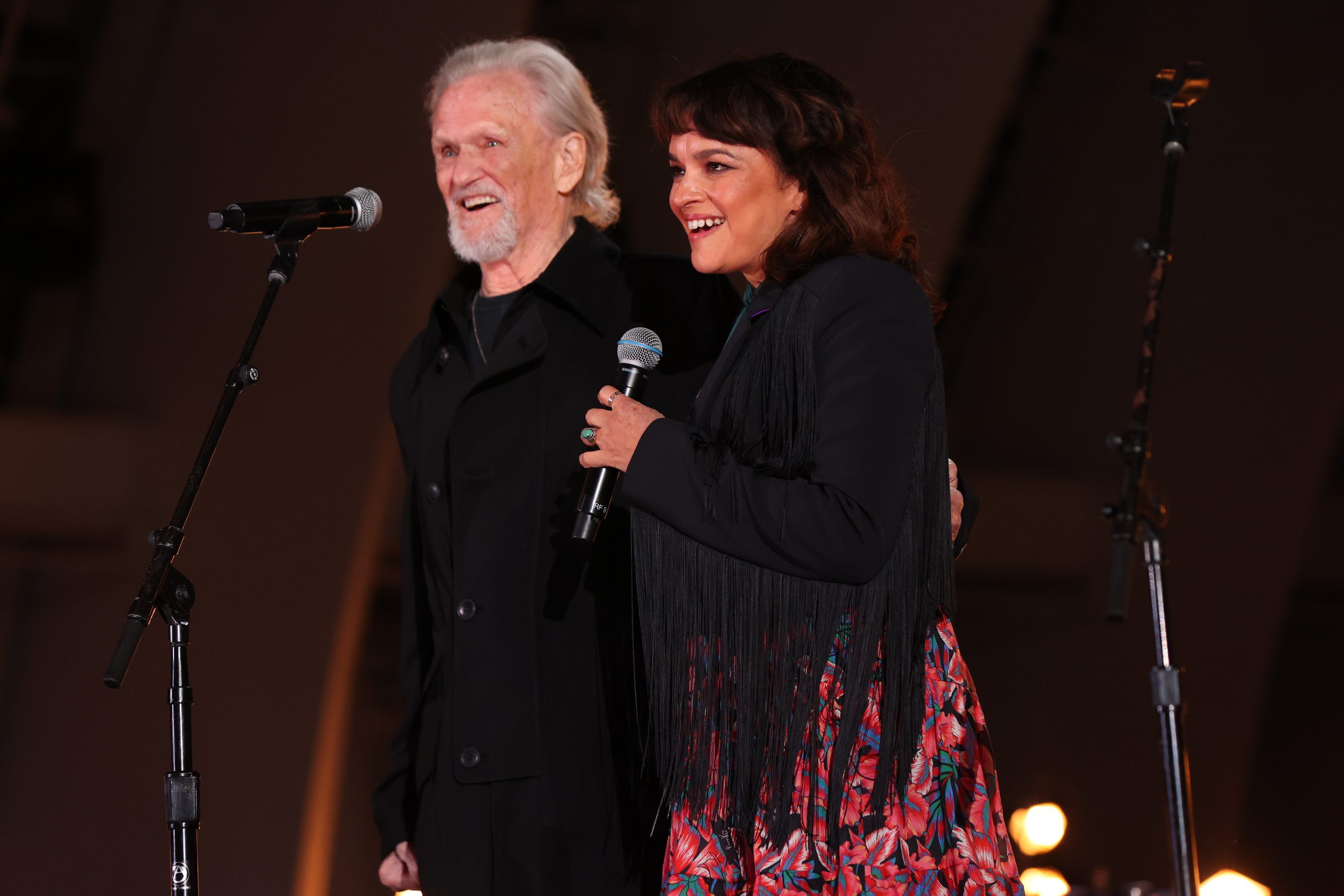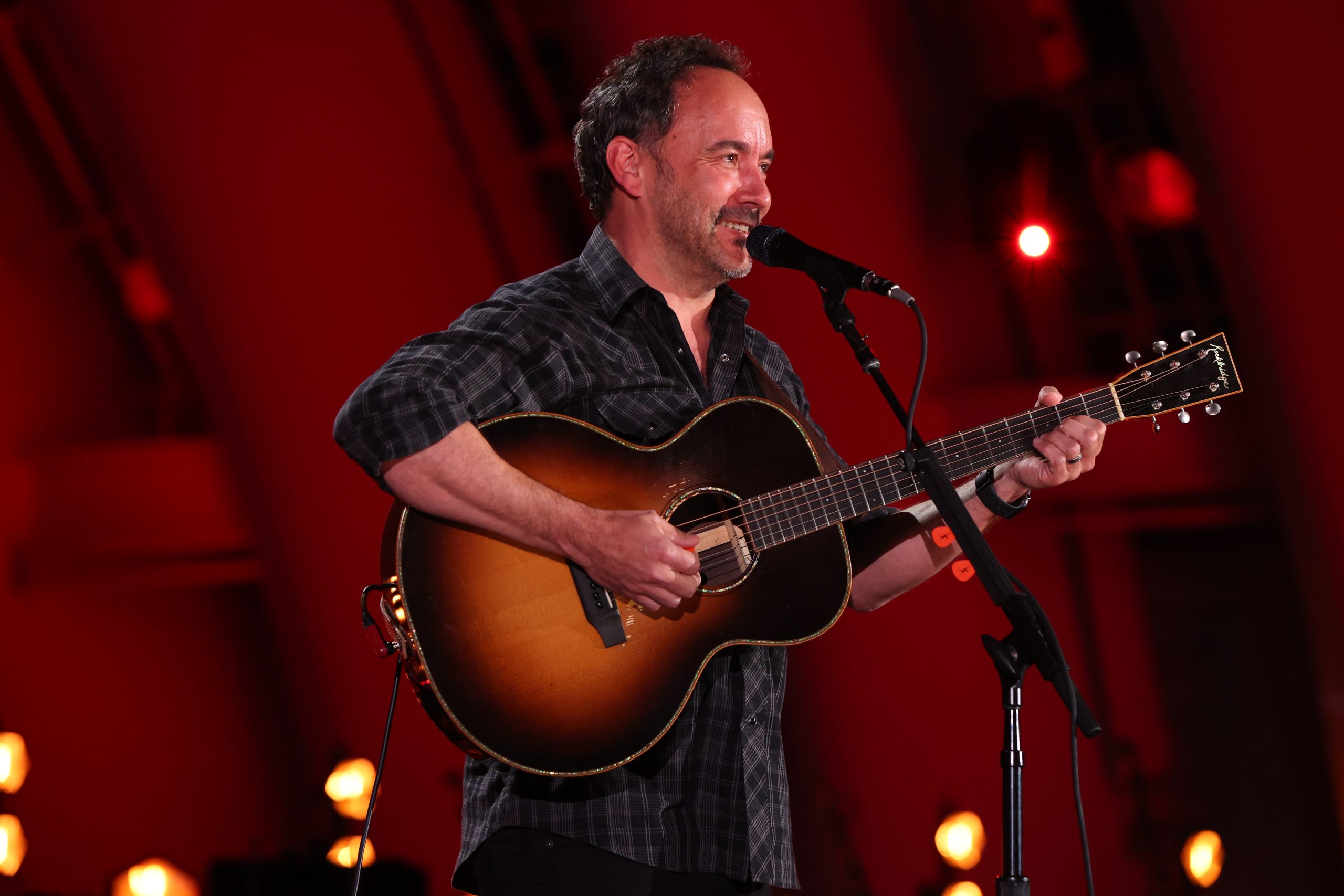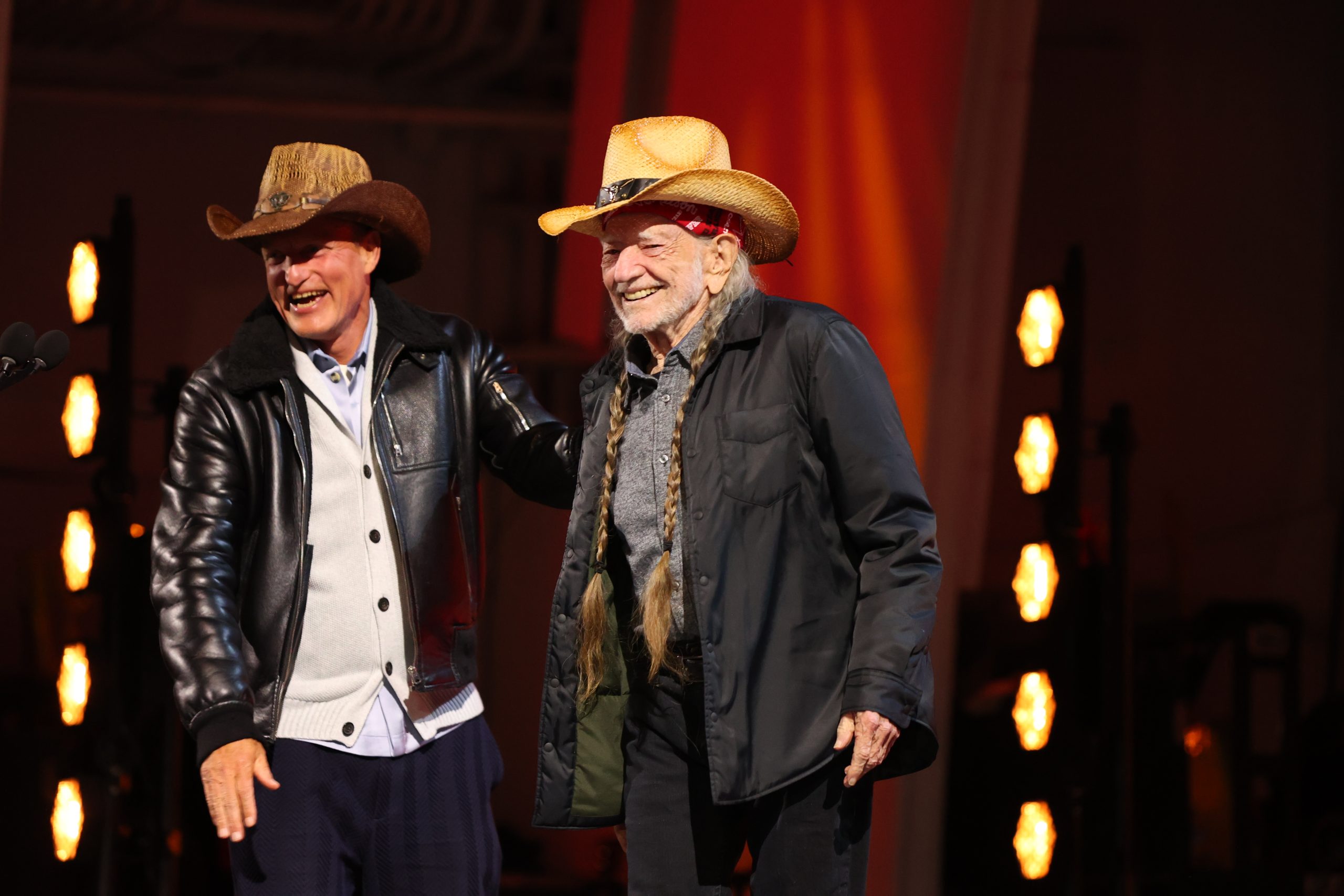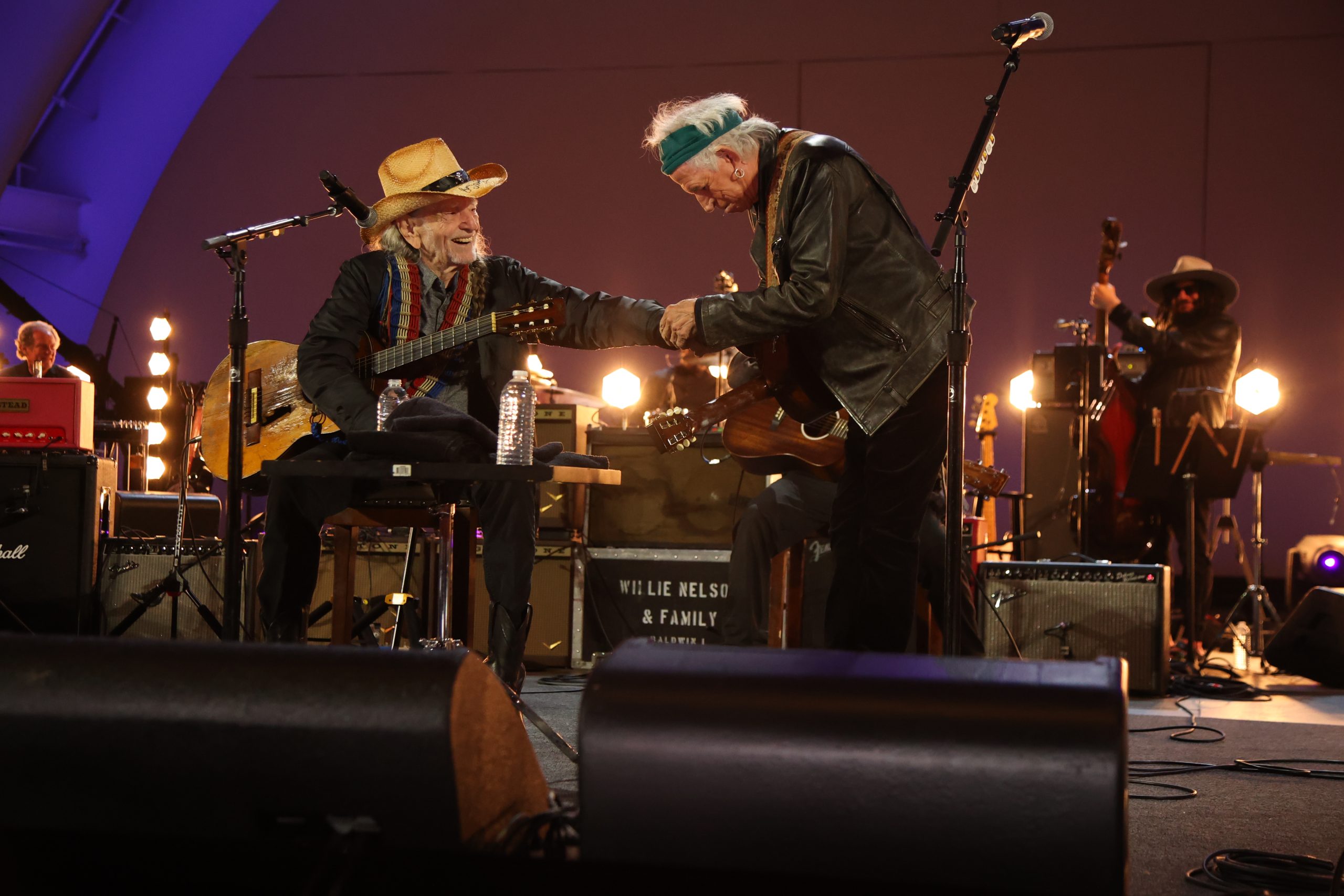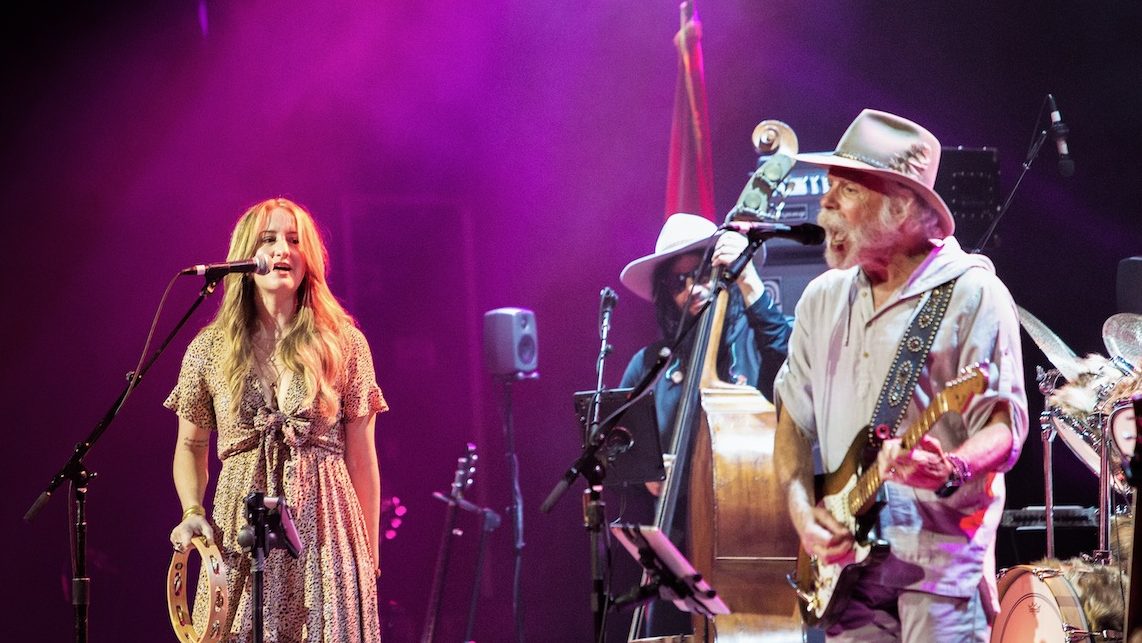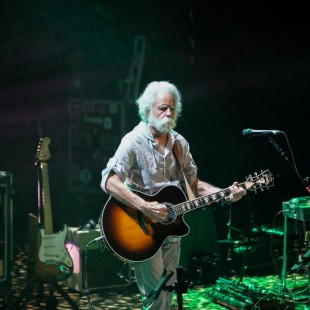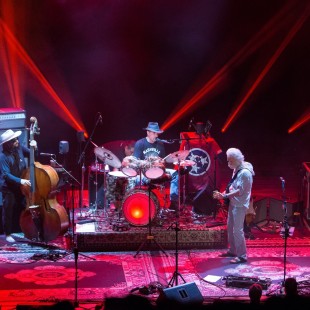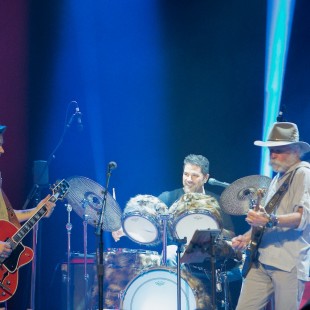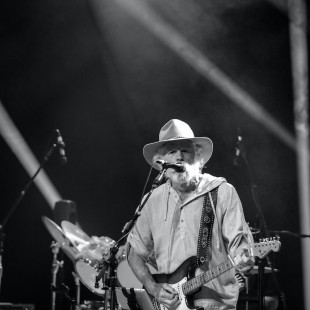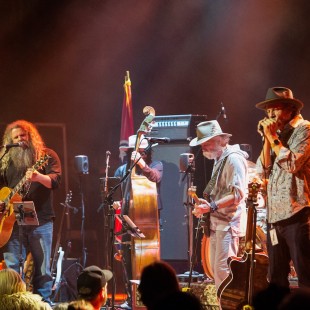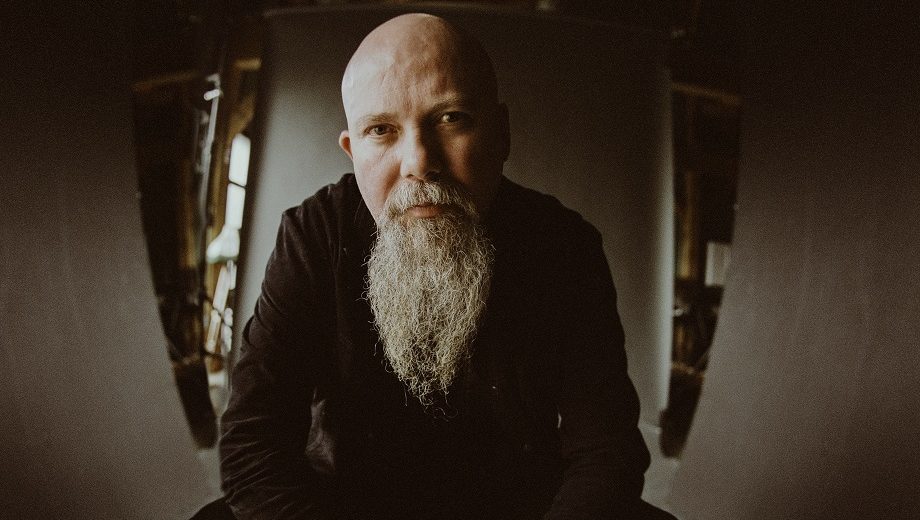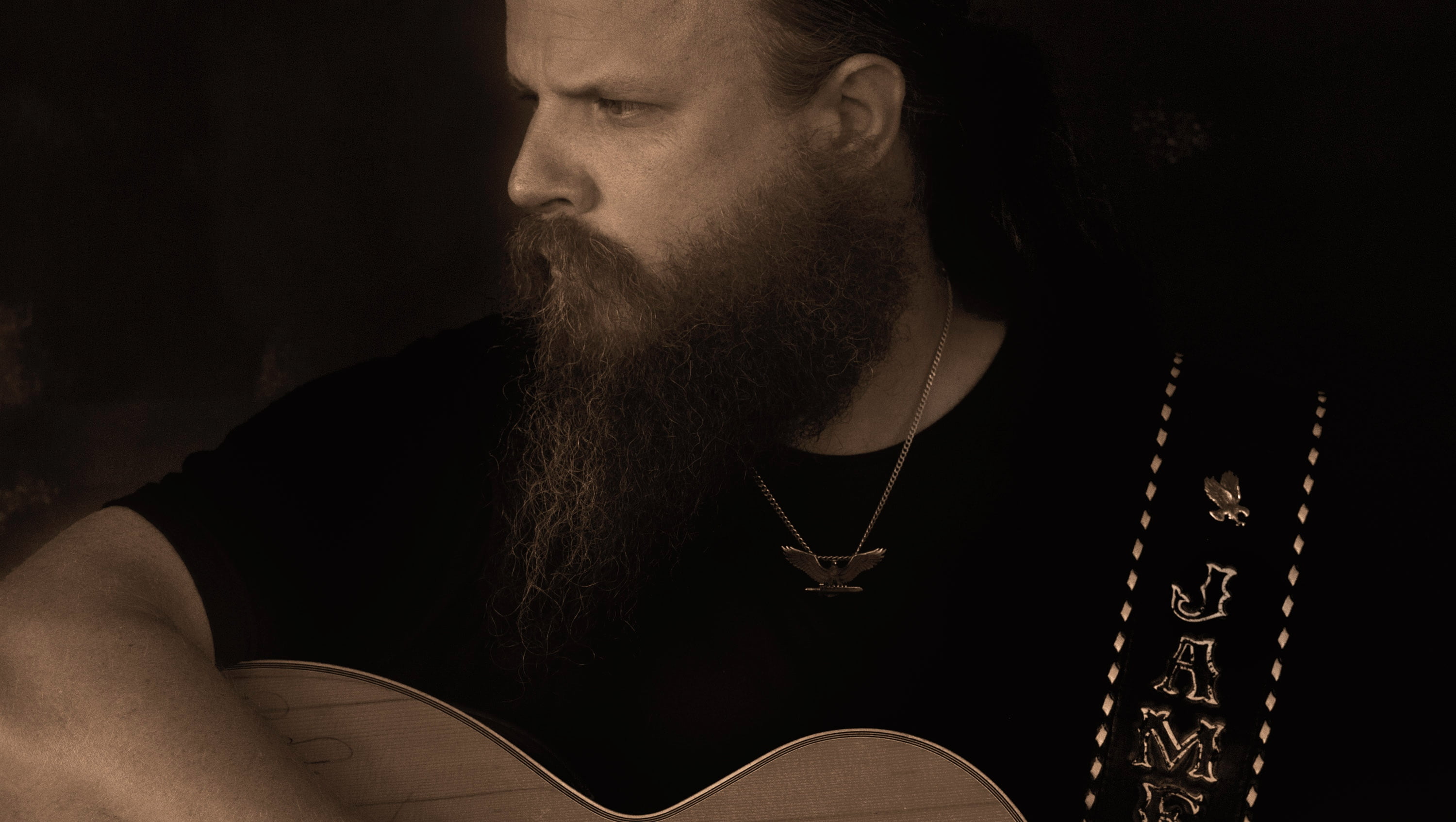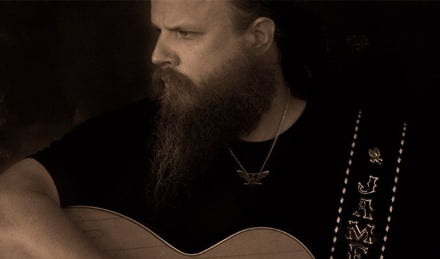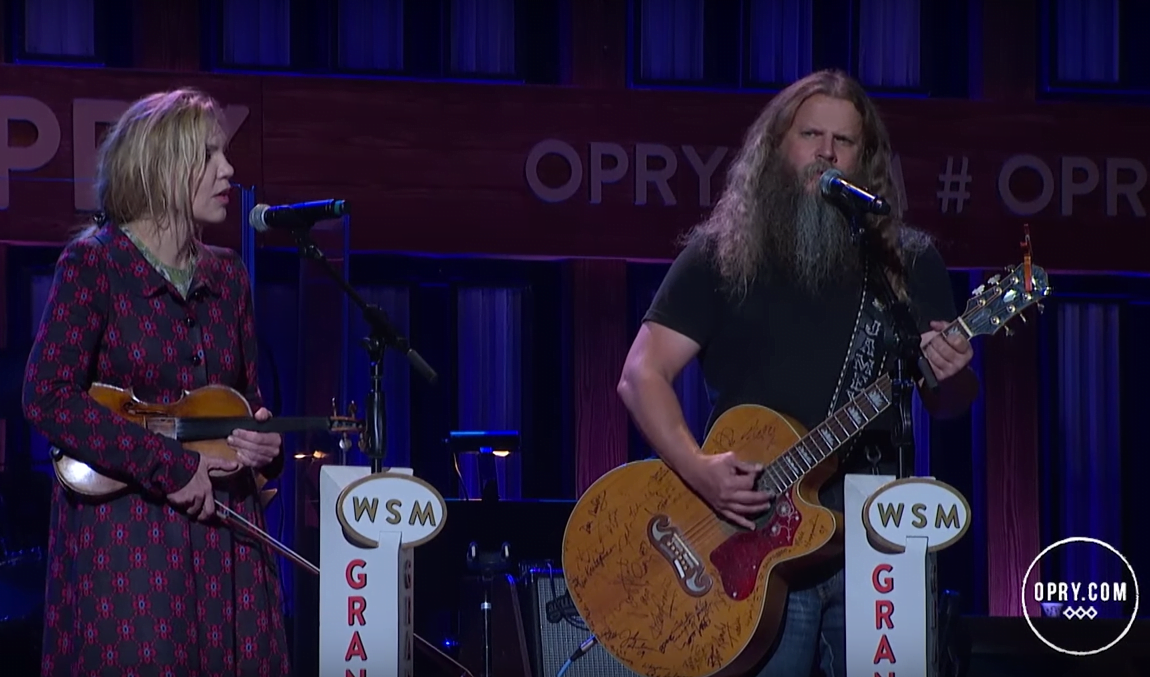Over his entire Grammy-nominated career, Brent Cobb has made no secret of being guided by a “Southern Star” – a rootsy creative beacon shining high above and seeming to point straight down on his South Georgia home.
A native of the Peach state, Cobb has staked a claim on the organic side of country, with acclaimed projects like Shine On a Rainy Day, Providence Canyon, and even the 2022 gospel set, And Now, Let’s Turn to Page…. Each one paints a loving portrait of Southern life, looking far beyond the cliches for inspiration. But with his new album Southern Star, those pictures are more vivid (and more Southern) than ever.
Finding easy-going wisdom and big-picture beauty in the simple minutiae of everyday life, Southern Star is engrossed in all things Georgia. Ten tender tracks were recorded in Macon, using Georgian musicians and embracing the sonic history of the region. That means a warm, humid mix of back-porch country and rural R&B, with funky (but feather soft) bass lines and a casual vocal drawl, as Cobb invites listeners in to his personal world – a world full of unexpected contrasts, and undeniable human wonder.
Speaking with BGS from that South Georgia home on a sunny fall day – perhaps the last one of the lawn-mowing season, he says – the humble and homegrown singer-songwriter explains what makes his Southern Star shine so bright.
Every artist or songwriter goes through phases of how they think about their role. What’s important to you these days?
Brent Cobb: It really hasn’t changed a whole lot. I know that doesn’t sound good, but I always try to still focus on my roots of where I’m from, and I try to still be universally personal, personally universal. … I think there’s something so poetic about specifically the American South and rural life, but also something that if you do it right, anybody anywhere can relate to it. So that’s really what I try to do. I try to make music that my kids can enjoy and that my grandma could enjoy, and everybody in between.
Tell me a little bit about Southern Star, the imagery of that title, specifically. I mean, is this kind of a play on the idea of a North Star guiding you?
Partly, yeah. You always learn growing up, if you get lost out there, you look for the Northern Star, it’ll guide you and give you direction. But I’m from South Georgia, so I look for the Southern Star. [Laughs] … So partly that. Then there was also my buddy ‘Rowdy’ Jason Cope, who was the founding member of The Steel Woods and played electric guitar for Jamey Johnson from 2008 until 2014 or so. He’s no longer with us [Cope passed away at age 42 in 2021, after suffering “severe complications from diabetes”]. But during those days he lived about 45 minutes outside Nashville, and I’d go down there to his place and we’d go to this little bar and it was a pretty seedy little spot where we’d hang out, it was called the Southern Star.
Plus, I often thought about my buddy as someone who sort of behind the scenes had a lot of influence on a lot of people, but they may not even be aware of it. He never got to be a superstar, but if nothing else he was a Southern star. And I feel that same way about myself sometimes. So there are a couple different meanings behind it. … I miss him every day.
The other part of this album is what seems like a love letter to Georgia – and maybe just the whole region. It can be easy to misunderstand the Southern people and the area, and you’ve called it kind of a melting pot, right? What’s so inspiring to you about Georgia?
I think it’s because, well, first of all the American South as a whole, there would be no music as we know it if not for the American South. And that comes with its blessings and the curses, and it wouldn’t be the same place without those things also. Specifically Macon is the home of Otis Redding and Little Richard, and then you have Ray Charles from right down the road, and then right up the road you got James Brown, and then of course the Allman Brothers. There’s so many endless artists that have influenced the whole world.
But then even just as day-to-day life, where I’m from, every school I went to, we’re all mixed in together down here. We’re living and praying and learning and working all together. It’s easy to be on the outside and look in, and go, ‘Man, the South, what a terrible place.’ And there are some terrible things that still happen to this day, and historically that are terrible, but for the most part we’re all living and working and eating and breathing together. You don’t hear about that side of the South so much. But I think that’s why the music from here is so influencing and so profound – it isn’t just one way. And you got people that obviously have had to struggle and people who still struggle to this day, but that’s where the good shit comes from. That’s where the great art comes from, for better or worse.
I read that this was your first self-produced record. Did it have a different vibe working that way, or did the sound come out any different?
Luckily I was able to use a couple of my friends as guinea pigs, so I got a little comfortable in the producer’s seat [on previous projects]. But more than anything I believe first of all, to make a great album, you need great songs, and then you can record them any way you want to record them. If it’s a great song, it’s a great song no matter what.
… I think the second most important part of making a great album is the drums and percussion. Once you have those two things, you can really leave it at that and it’s going to be great. Folks can sing along and might want to dance a little bit. You’re going to be fine.
Then you need a little funky bass part. And, being from that area of the music I heard my whole life – soul music and gospel music, it all has keys. So I knew I had to have some keys and organ on there. I don’t know that it was much different [from other records], except for this time I had nearly 20 years of experience.
“It’s a Start” is such an interesting track. On the surface, it’s just about simple things. But it seems to kind of point at a bigger truth, right? Where’d that come from?
Well, I appreciate you noticing that, because it’s with intent. I try to do that with most all of my songs – like I said earlier, to make something personal, make it universal. What is the core of that emotion or that experience? And vice versa, universally personal. That song particularly, I wanted to throw everybody off and not give that song a double meaning.
Really, why’s that?
I feel like sometimes I’m stuck in between two worlds. Sometimes I feel like people only think ‘Oh, there’s Brent writing another album about Georgia.’ And then I feel like some people go, ‘What is the deeper meaning here?’ Most of the time there is one for me, but that song is really about nothing and intentionally, it’s about exactly what it says.
People can get real meta about certain songwriters, but I just think that’s a mark of a really good artist.
Yeah I’m not ever complaining as long as anybody’s listening for any reason. I do think it’s funny though. Sometimes I feel like other songwriters may get the benefit of the doubt, like it’ll be a really on-the-nose double meaning, just real obvious that, “Oh, okay, you meant to give it this undercurrent.” Then other songwriters, sometimes I feel like including myself, they do not get that benefit. They only get the doubt. [Laughs]
Call me a simple man – I am. There should always be a little something extra in there if someone’s looking for it. But I also think a songwriter should do their best to craft it so that it can be enjoyed at face value.
“Shade Tree” seems like a fitting way to end things, then. It wraps the record up with a peaceful, soothing scene. Where did that come from?
Well, my sister and I had started that song two years probably before I even knew that I was going to make an album. My sister is such a wonderful singer and she’s got a lot of soul in her voice, but like me, she has a kid. It’s hard to just sit down and write a song together. Well, then I get studio time booked and I wanted to finish that song because I thought it really defined Southern Star as a way of life in the South – there was a pecan tree in my grandma’s backyard, so after church and after Sunday dinner, the whole family would hang out under it in the shade tree. A lot of things happened [under that tree] …
The day before going in the studio, I went over to my sister’s house and I had dropped my kids off at school, and we drank some coffee on her back porch amongst some pine trees. Then my wife, she threw in some lines and it became a family affair. And yeah, it seemed fitting.
The whole thing seems like it has so much personal meaning. What do you hope people take away from this one?
More than anything I always hope, like I’ve said, that it’s universally personal. I hope that anybody will be able to take away from it whatever they feel. And if nothing else, I hope they can just enjoy it in the background.
Photo Credit: Jace Kartye

